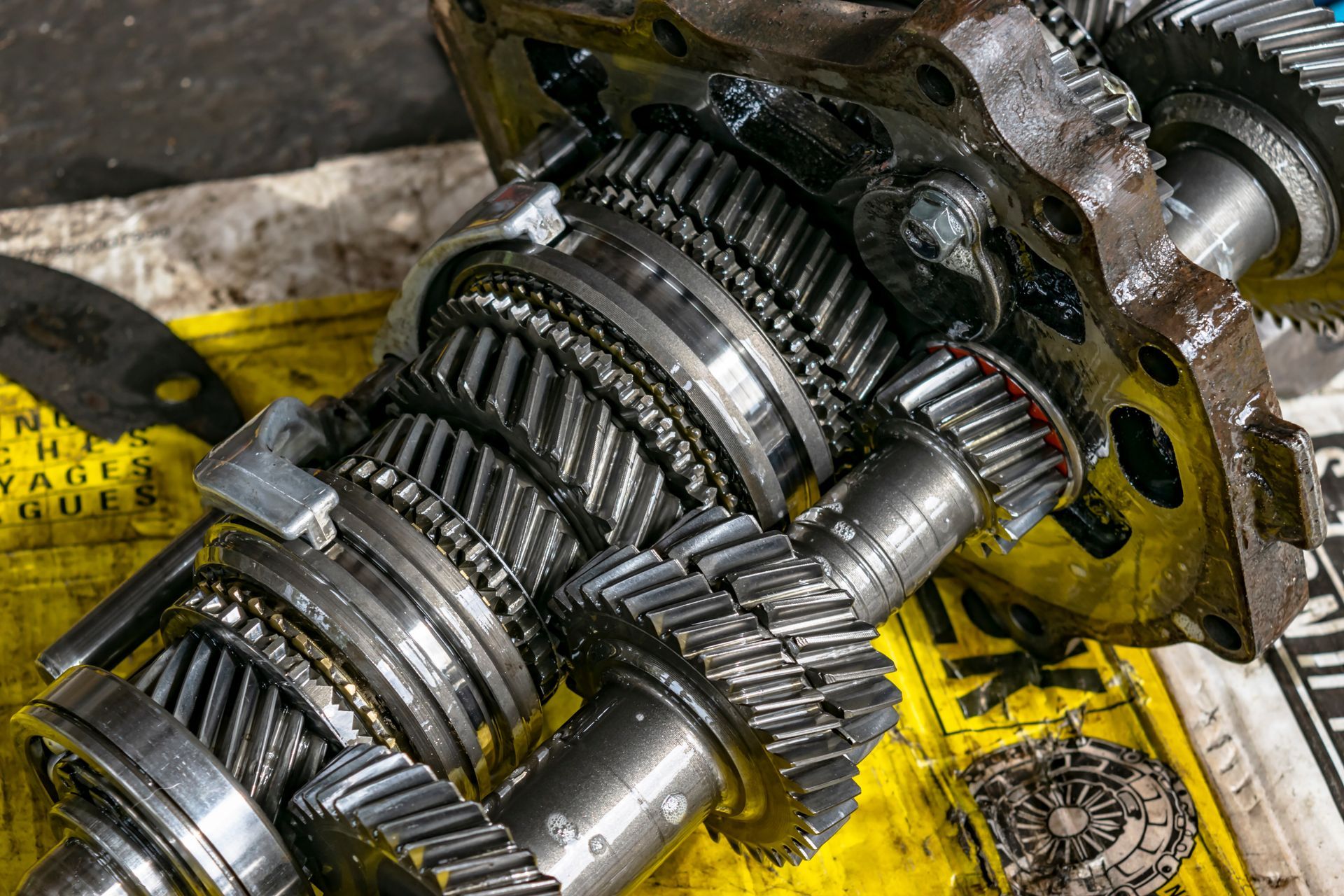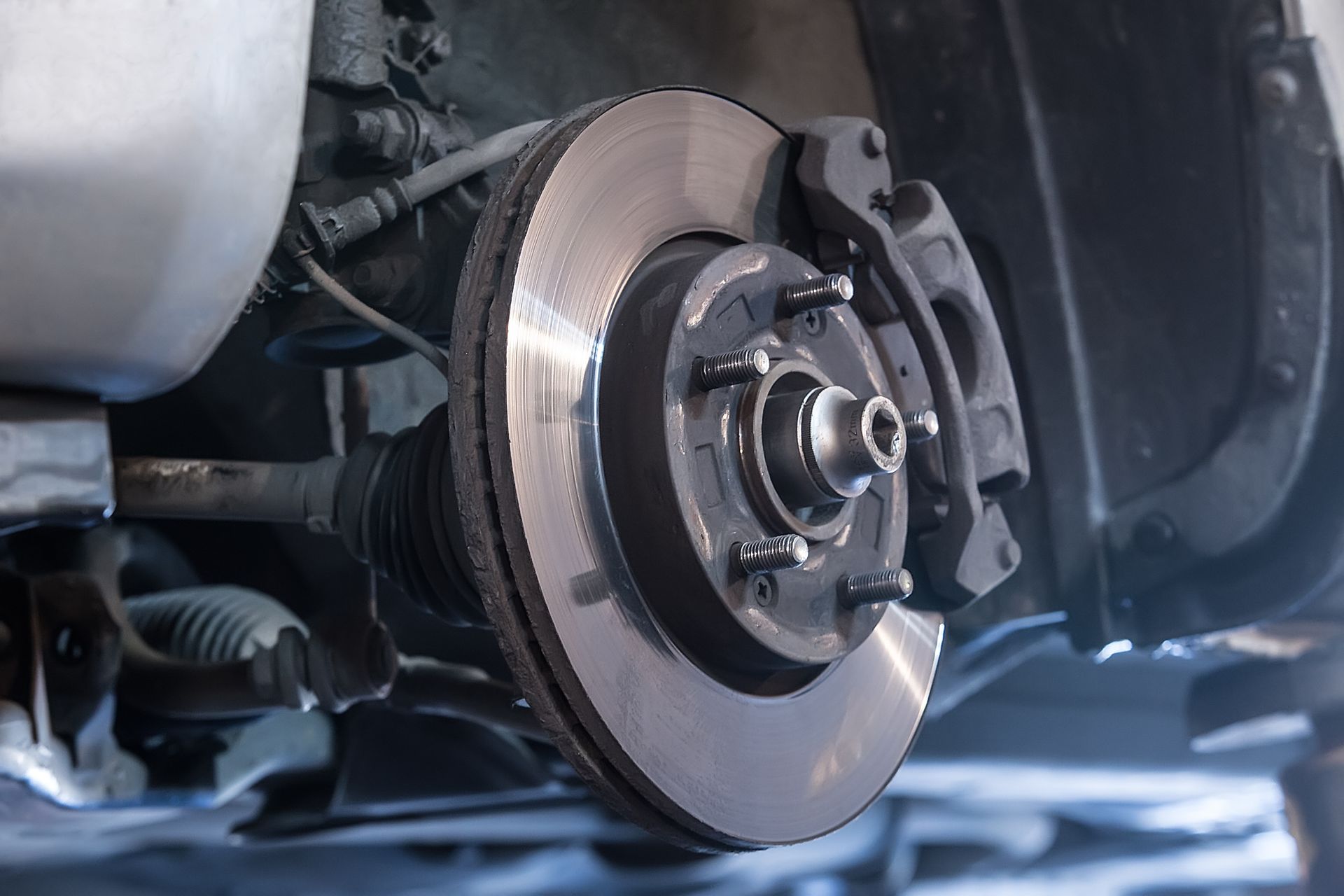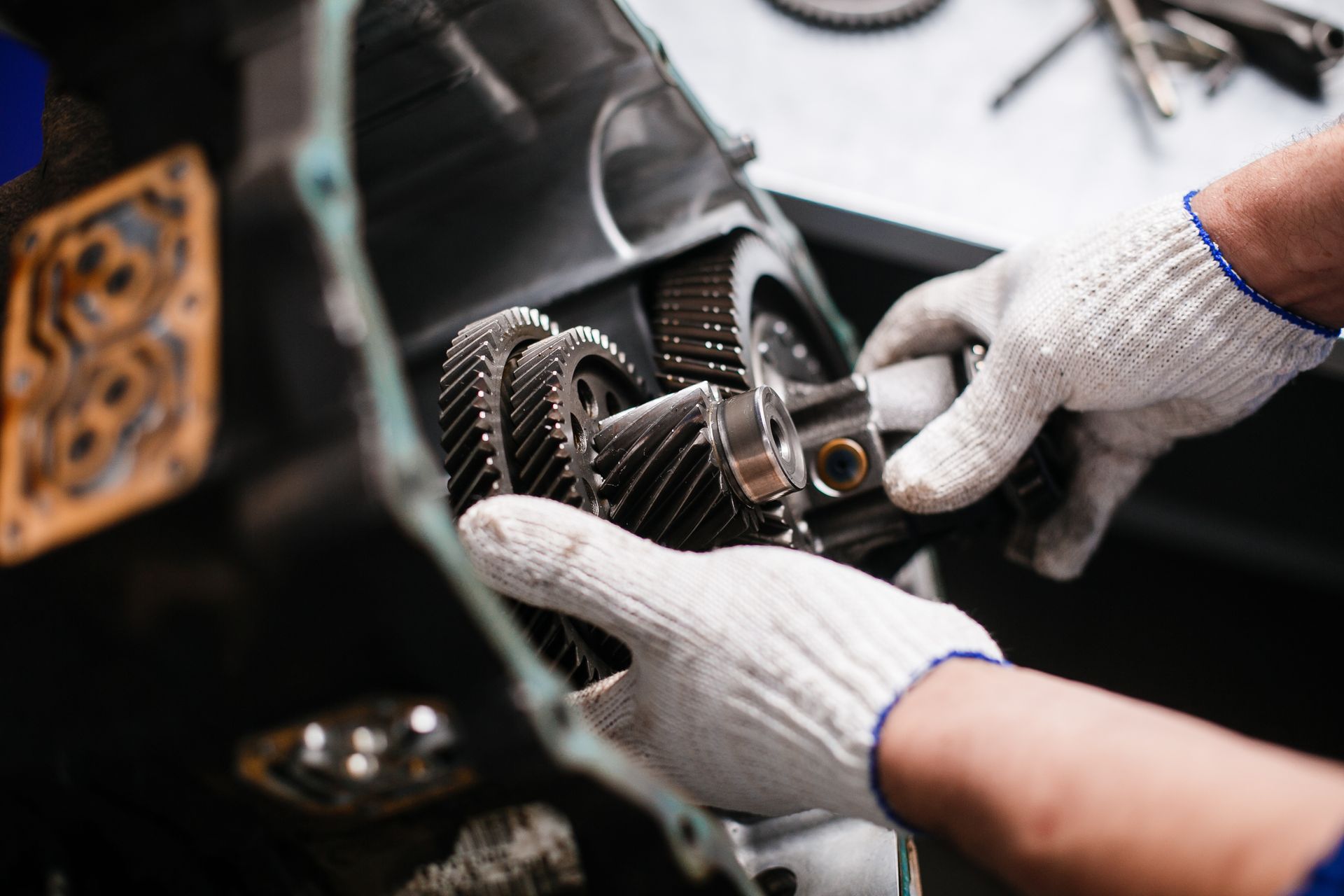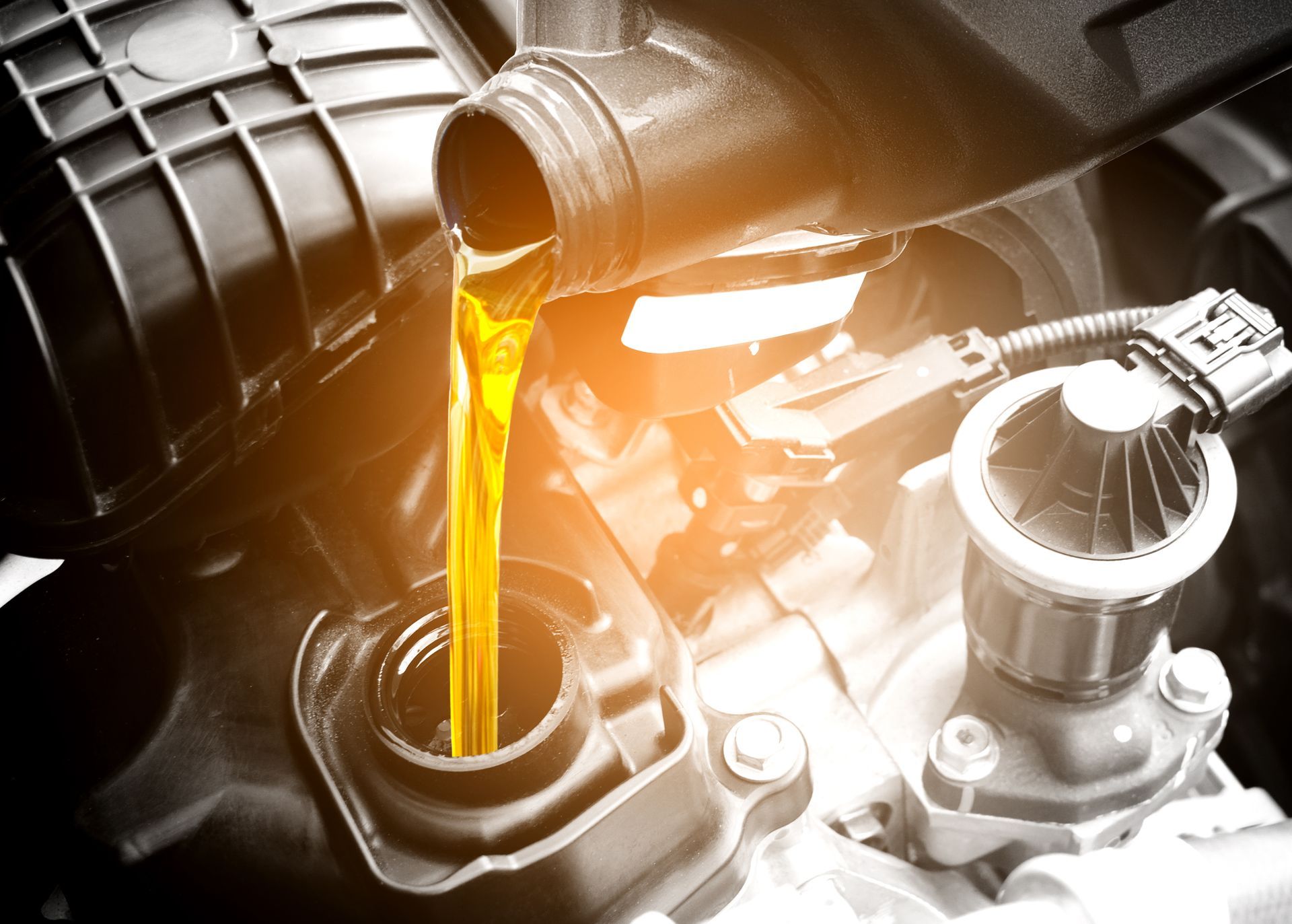It’s easy to overlook routine oil changes, especially when your car seems to be running fine. But skipping them can lead to much bigger problems and much higher repair costs. Regular oil changes keep your engine clean and help extend its life, maintain performance, and protect your wallet from expensive repairs.
If you’ve ever wondered whether that $50 - $100 oil change is really worth it, the answer is yes. And here’s why.
What Happens Inside Your Engine Between Oil Changes
Engine oil lubricates all the moving parts in your engine. It reduces friction, carries heat away from key components, and helps prevent the buildup of harmful sludge and debris. Over time, oil breaks down due to heat and contamination. It becomes less effective at doing its job, and that can cause damage in ways that aren’t immediately obvious.
As the oil gets dirty and thick, it struggles to circulate properly. This leads to:
- Increased wear on engine components
- Buildup of carbon deposits and sludge
- Reduced fuel efficiency
- Higher operating temperatures
Even if you don’t see or feel these effects right away, they can shorten your engine’s lifespan over time.
The Real Cost of Skipping Oil Changes
Putting off oil changes might save you money in the short term, but it often leads to expensive repairs. Common consequences of neglected oil include:
- Worn piston rings, which allow oil to burn and lead to poor performance
- Damaged camshafts and crankshafts, which are costly to repair or replace
- Clogged oil passages that can starve parts of the engine of lubrication
- Complete engine failure in extreme cases
These repairs can easily cost thousands of dollars. In comparison, regular oil changes are quick, affordable, and highly effective in preventing most of these problems.
How Oil Type Affects Maintenance and Longevity
Not all oils are the same. Your vehicle may require conventional, synthetic blend, or full synthetic oil depending on its age, mileage, and design. Synthetic oils tend to last longer and perform better under extreme conditions, but they also cost more.
Still, using the recommended oil type and changing it at the right interval is crucial. Sticking to the wrong oil or letting it go too long between changes can cancel out any savings you thought you were making.
How Often Should You Change Your Oil
Oil change intervals vary depending on your vehicle and driving habits. Some newer cars with synthetic oil can go 7,500 to 10,000 miles between changes, while older models may need fresh oil every 3,000 to 5,000 miles. Frequent short trips, extreme heat, and stop-and-go traffic can all shorten the effective life of your oil.
If your vehicle has an oil life monitoring system, use it as a guide. But when in doubt, follow your owner’s manual or ask a trusted technician. It’s better to change oil a little early than a little too late.
Oil Changes Also Catch Other Problems Early
During an oil change, technicians often check for other issues like fluid levels, belt wear, tire condition, and leaks. That simple 30-minute service can become an early warning system for more significant problems, helping you address them before they escalate into major repairs.
Regular oil changes can also help with resale value. A well-documented maintenance history shows buyers that the car was cared for, and it can help you get a better price when it’s time to sell or trade in.
Let American Five Star Auto Repair & Transmission Help You Protect Your Engine
Don’t wait until engine trouble forces your hand. At American Five Star Auto Repair & Transmission in Tempe, AZ, we offer quick, professional oil change services tailored to your vehicle’s needs. Our technicians will help keep your engine healthy, your performance strong, and your costs low in the long run.
Schedule your next oil change with us today and drive with confidence every mile.










